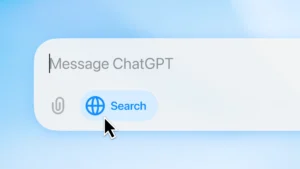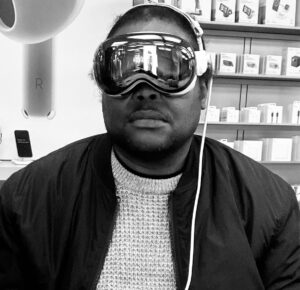Science fiction has long provided insights into the possibilities of tomorrow. Far from merely entertaining, these classic novels explore how technology, AI, and societal shifts could shape our social, personal, and professional lives. Here’s a selection of must-read books that help prepare for the future of work and highlight the profound implications of technology on humanity.
1. 1984 by George Orwell (1949)
1984 isn’t just a story about surveillance—it’s a reflection on the importance of transparency and privacy in our interconnected world. As workplaces increasingly adopt AI for monitoring productivity and managing information, Orwell’s work encourages us to consider ethical boundaries and the protection of personal agency in professional spaces.
2. Brave New World by Aldous Huxley (1932)
Huxley explores a society built on comfort and convenience, raising questions about how far technology should go to satisfy our immediate desires. In a world driven by automation and instant gratification, Brave New World invites us to think about the balance between efficiency and personal fulfillment, which is essential as we prepare for a future centered around AI and workplace well-being.
3. Fahrenheit 451 by Ray Bradbury (1953)
Bradbury’s novel shows us a world where critical thinking and knowledge are undervalued. In today’s work environments, where information is easily accessible, Fahrenheit 451 serves as a reminder of the importance of intellectual curiosity and lifelong learning, especially as we engage with tools that automate much of what we know and do.
4. The Handmaid’s Tale by Margaret Atwood (1985)
Beyond its themes of control, The Handmaid’s Tale encourages discussions around personal agency and the ethical use of technology in shaping lives. With AI increasingly involved in recruitment, performance evaluations, and even health monitoring, Atwood’s work underscores the importance of ensuring that tech serves human interests without compromising individuality.
5. Do Androids Dream of Electric Sheep? by Philip K. Dick (1968)
In a world increasingly populated by artificial beings, Dick’s novel offers a timeless reflection on what it means to be human. As we work alongside AI and robotics, it’s worth considering how these technologies affect interpersonal relationships, empathy, and our sense of purpose in both professional and personal settings.
6. The Road by Cormac McCarthy (2006)
Though set in a post-apocalyptic world, The Road speaks to resilience and adaptability—traits that will be essential as AI and automation continue to transform industries. As we prepare for a future where change is constant, McCarthy’s novel is a powerful reminder of human strength and the importance of maintaining meaningful connections.
7. Neuromancer by William Gibson (1984)
Gibson’s Neuromancer is a groundbreaking work on cyberspace, highlighting the potential and pitfalls of digital immersion. As remote work and virtual collaboration grow, Neuromancer encourages us to reflect on the ways technology can redefine productivity, creativity, and how we connect with colleagues and clients in a virtual world.
8. The Hunger Games by Suzanne Collins (2008)
Collins’ The Hunger Games reminds us of the significance of fair competition and ethical leadership, particularly as algorithms play larger roles in recruitment, promotion, and organizational decisions. The novel serves as a thought-provoking look at how technology might influence opportunity and the importance of balancing data-driven decisions with fairness.
9. The Children of Men by P.D. James (1992)
In The Children of Men, where society struggles with change, readers are prompted to consider the future of human potential in an AI-driven world. James’ story reminds us of the importance of adaptability and vision—qualities that will be essential as technology continuously reshapes careers and lifestyle choices.
10. Snow Crash by Neal Stephenson (1992)
Snow Crash brings us to a digital future where virtual reality and online personas become integral to everyday life. As we increasingly navigate remote workplaces and digital identities, Stephenson’s novel underscores the need for balance between online engagement and real-life experiences, preparing us for a future where the boundaries between physical and digital worlds blur.
Each of these classics offers insights on technology’s role in reshaping our lives and work. By reading these books, we gain a deeper understanding of how to navigate a future rich with AI, robotics, and digital transformations—equipping ourselves with perspective, adaptability, and foresight. These lessons encourage us to embrace technology as a tool for enhancing our professional and personal lives while staying grounded in the qualities that make us uniquely human.
Have you read any of these? Let me know in the comments which book resonates most with your vision of the future of work.






